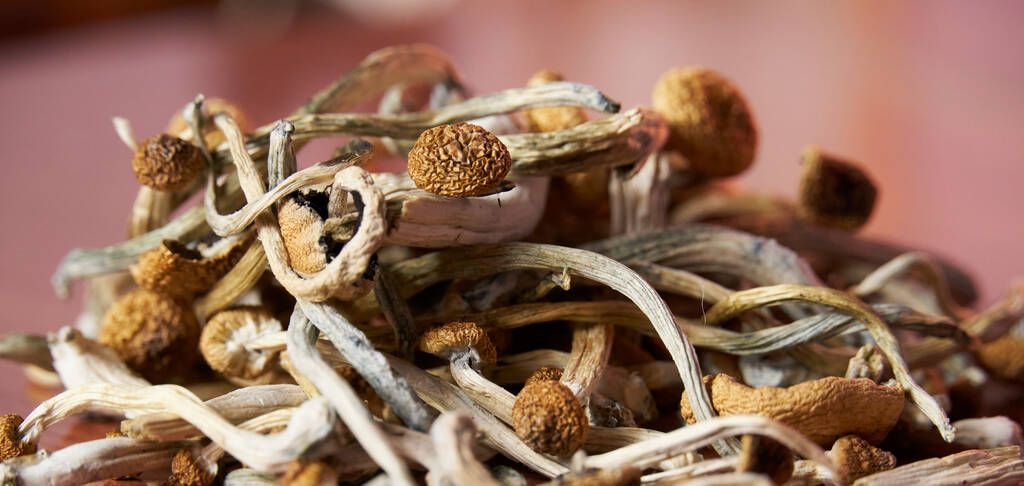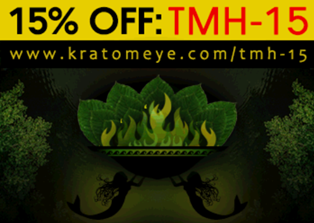According to new polling released by Stockton University’s William J. Hughes Center for Public Policy, a solid majority of New Jersey residents support legalizing the medical use of psilocybin, the psychoactive compound found in “magic mushrooms”.

Dried psilocybin mushrooms.
The poll, with a margin of error of +/- 4.0 percentage points at a 95% confidence level, found that most New Jersey residents (57%) were at least somewhat aware of the medicinal use of psychedelics to treat mental health disorders. Additionally, a little more than half of New Jerseyans (55%) support legalizing such treatment under a doctor’s supervision, while 20% oppose it and 24% are unsure.
Specifically, participants were asked: “Psilocybin is the psychoactive ingredient in psychedelic mushrooms. Do you support or oppose the New Jersey government legalizing psilocybin for medicinal use to treat mental health disorders under a doctor’s supervision?”
When asked, “Would you be more likely to support legalizing the medicinal use of psilocybin under a doctor’s supervision to treat mental health disorders, like depression and anxiety, if medical research studies demonstrate it is safe and effective in doing so?” 57% said “Yes,” 26% said “No,” and 17% were “Not Sure” or refused to answer.
Participants were also asked if they knew anyone in their personal life who has ever used psychedelic drugs, such as LSD, mushrooms, or ecstasy. To this question, 46% said they do. The number was considerably less, but still notable, when asked, “Have you ever used psychedelic drugs, such as LSD, mushrooms, or ecstasy, in the past?” To this, 16% said yes.
Find the full poll results click here.
Methodology
The poll of New Jersey adult residents was conducted by the Stockton Polling Institute of the William J. Hughes Center for Public Policy from Feb. 20-March 3, 2024. Stockton University students texted cell phones with invitations to take the survey online and Opinion Services supplemented the dialing portion of the fieldwork, which consisted of cell and landline telephone calls. Overall, 96% of interviews were conducted on cell phones and 4% on landline phones. In terms of mode, 82% were reached via dialing and 18% were reached via text-to-web. A total of 606 New Jersey adult residents were interviewed. Both cell and landline samples consisted of random digit dialing (RDD) sample from MSG. Data are weighted based on U.S. Census Bureau ACS 2022 data for New Jersey on variables of age, race, education level and sex. The poll’s margin of error is +/- 4.0 percentage points at a 95% confidence level. MOE is higher for subsets.







